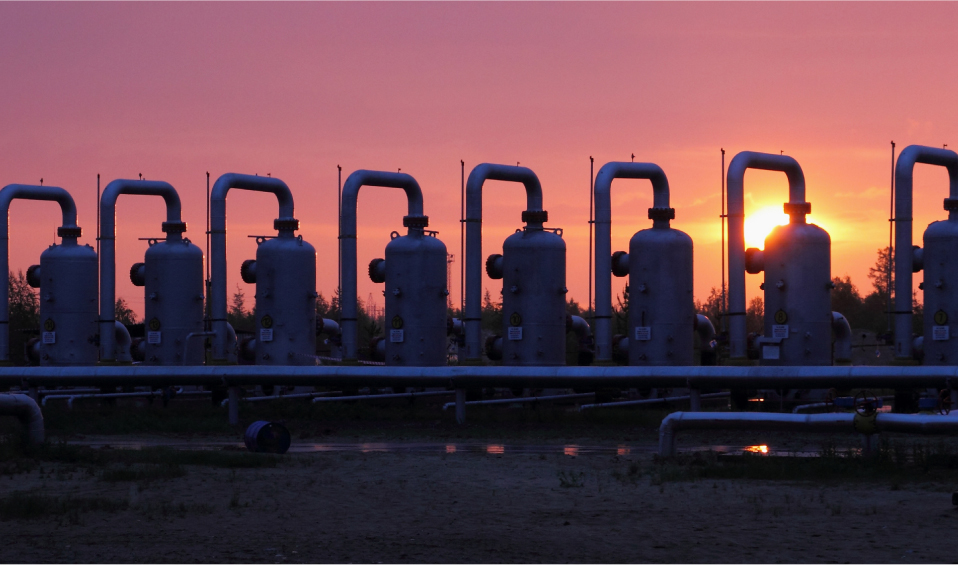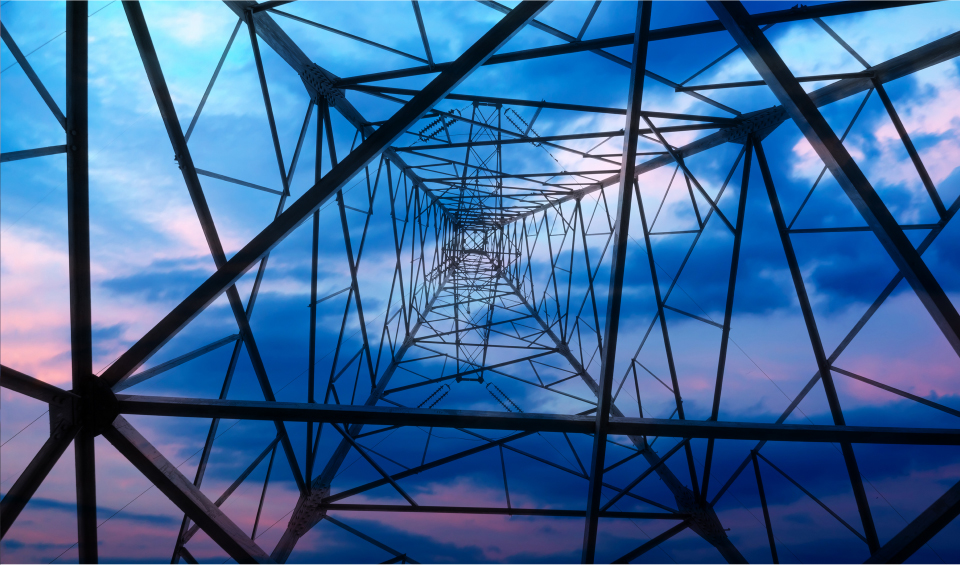
Thanks to ESCP Business School's Energy Management Centre wide network in the academic and business communities, our views on energy news give you comprehensive insight into energy issues.
Please join us...
By avoiding pushing too much volume, Gazprom/Russia and Statoil/Norway not only avoided a price war in 2011-2013 but managed to reset spot prices at a level that is acceptable to them.
As discussed in the recent international conference organised in Athens by the Energy Management Centre at ESCP Europe Business School and the Greek Energy Forum, the European Union, through its 2030 Energy Targets, has provided with a blue print of its vision of the energy industry. It does so by defining its development and activities within the EU territories over the next 15 years, and beyond.
Issues such as those of security of supply, energy efficiency, carbon emissions, renewables and many others are covered in different depths and levels of clarity within these Targets. Targets, whose importance has been highlighted by the recent geopolitical developments and the market dynamics of the energy industry.
Few bilateral gas relations are as complicated and as far-reaching as those between Russia and Ukraine. As it was, these relations are uniquely opaque, considering that they affect numerous countries downstream of Ukraine. International gas meters are situated on Russian side of the border, and the contract is supposedly secret. However headline prices per 1000 m3 have always leaked to the press or were officially announced by successive Ukrainian prime ministers or by Gazprom. The current contract was signed in 2009 by then Prime Minister Yulia Timoschenko and it runs until 2019. It stipulates a price of $450 / 000 m3 initially (http://news.mail.ru/politics/2320367/), with a subsequent indexation on crude and HFO. This is to be compared with the last price of $385 which Gazprom offered before the current negotiations broke off. More significantly, this is to be compared with the current price marker of $200 on the continental gas hub TTF. The 2009 contract has a take-or-pay clause which allows Ukraine to reduce its imports. This is significant because Ukraine's floundering industry has less need for gas, and in future years if it can pacify its eastern regions, it stands to develop considerable shale gas reserves there.




527 Finchley Road
London NW3 7BG
United Kingdom
Tel: +44 (0)20 7443 8800
Fax: +44 (0)20 7443 8845
E-mail: [email protected]










